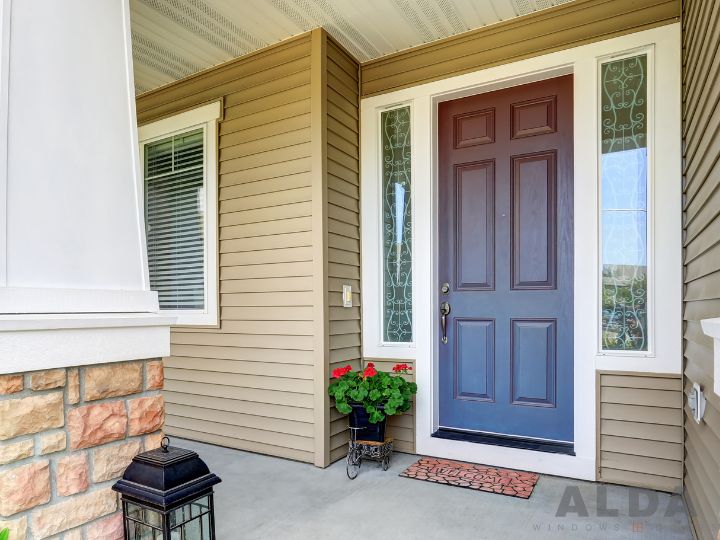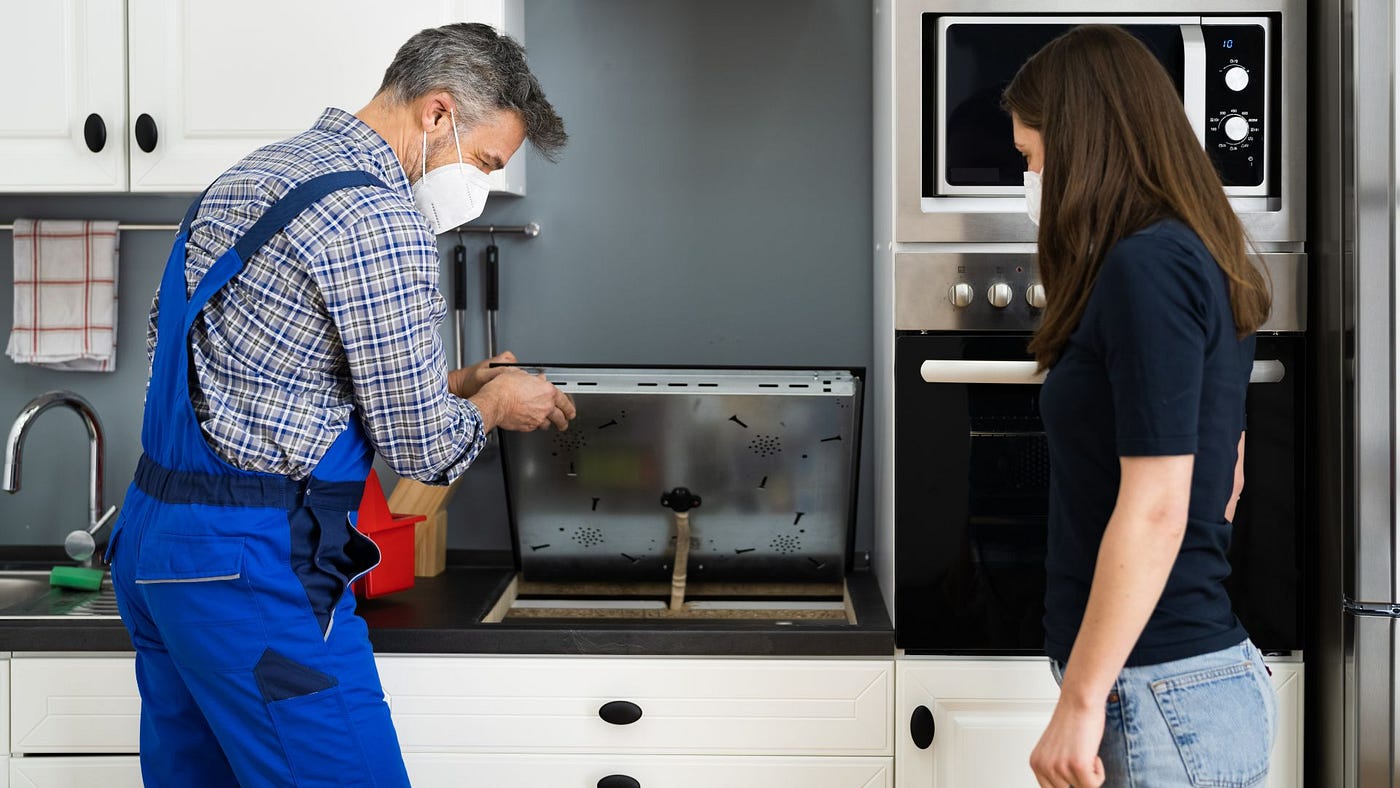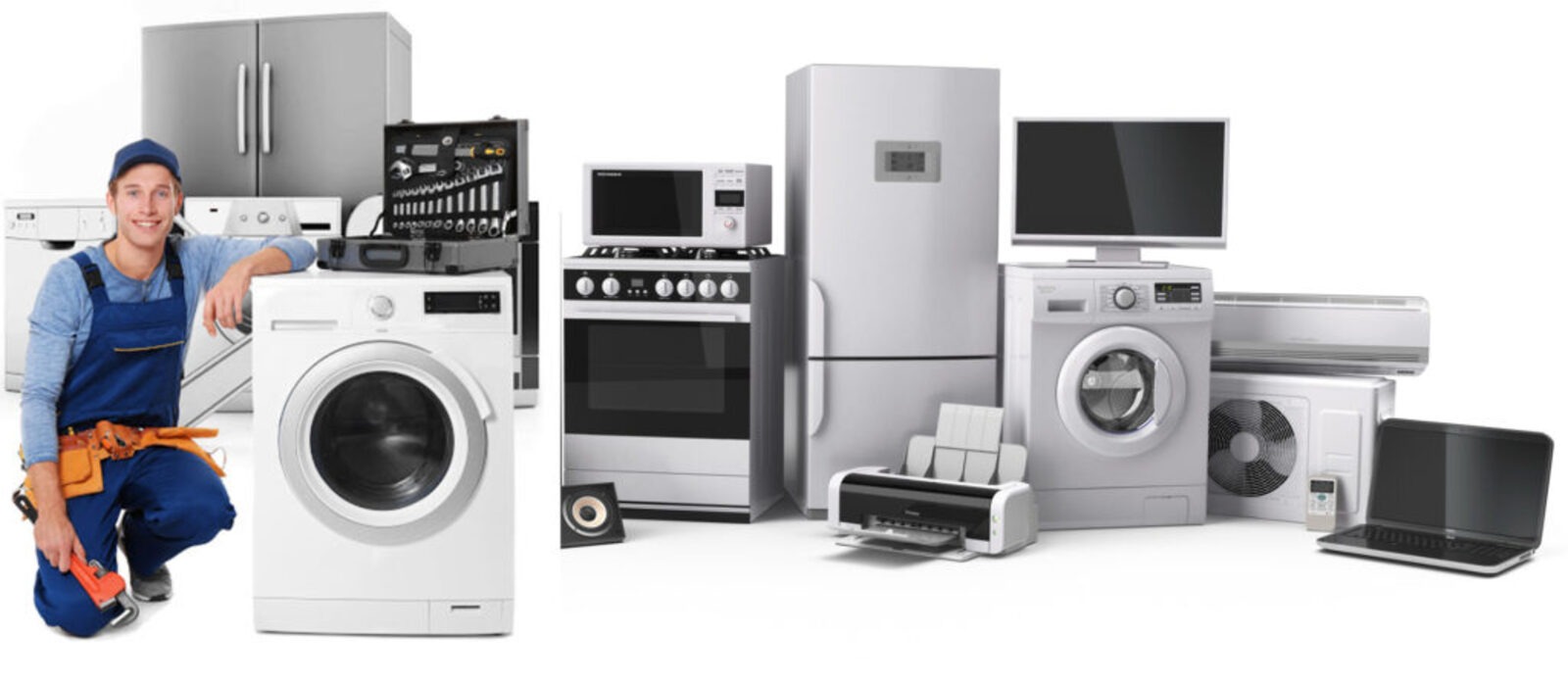Fixing your happy home appliance repair yourself instead of calling a pro is cost-effective, time-saving, and often extends the life of the appliance. If you follow these tips, you will be able to fix happy home appliance issues on your own. Always put safety first. Always wear protective gear when working on appliances and unplug them before starting. Products of this type are categorised according to their maintenance and repair needs. The repair of brown goods typically requires high technical knowledge and skills (which become more complex with time, such as going from a soldering iron to a hot-air soldering station), whereas the repair of white goods may require more practical skill and more force.
Always Start By Checking the Obvious
Before you do any home appliance repair, make sure you check for all the basic problems first. This includes checking the power settings, making sure the happy home appliance repair is plugged in and turned on, and checking that the outlet is receiving power. Uneven surfaces and clogged filters may cause some appliances to stop working, or they may overheat if placed on an uneven surface. Before you dig deeper, let’s go over these simple checks.
Know the 50% Rule
You can usually find life-span estimates in the manual or online if the appliance is more than 50% through its expected lifespan. You should probably replace the appliance entirely if you expect the cost of repairs and replacements to be more than 50% of the cost of a new appliance. Comparing home appliance repair costs, professional services, DIY projects, and appliance replacement costs can be helpful.
Listen to Your Moving Parts
The most likely to fail are moving parts due to wear or malfunction. Check the moving parts of appliances before attempting to repair them. For most appliances, this means checking the fans and motors to make sure they are operating properly. A home appliance’s noise is typically your best indication that it needs to be repaired. It is common for motors, fans, and similar components to make a lot of noise when they fail. Motors are more difficult to repair or replace, while fans and fan belts are relatively easy to replace.
Understand the Refrigerant Cycle
Refrigerators, heat pumps, air conditioners, and heat pumps all use refrigerant, so it’s important to know how the system works and what can go wrong. In this guide, you will learn how the evaporator, compressor, and condenser work together and how refrigerant flows. When one of these components starts malfunctioning or slowing down, it is much easier to do home appliance repair. As a result, you will know what sort of maintenance your fridge requires and when it may have a refrigerant leak.
Buy a Good Multimeter
Are there any signs that the appliances’ wiring is faulty? That’s what you do! The right tool is needed for that. Multimeters are useful for measuring voltage and other important signals that indicate which wires or electrical components aren’t working. Multimeters are essential for home appliance repair, and safety precautions should always be followed.
Check Ignition Processes
The ignition process is required to start gas-powered appliances. Some appliances have electric starters, while others have pilot lights, but either way, this is a common cause of problems in otherwise highly durable appliances. Be sure the pilot light is on, the starters are aligned, and nothing is blocked by soot during the ignition process.
Know Where Your Hoses Are
Hoses move water between your dishwasher, washing machine, and many other appliances. When these hoses leak or kink, you should check the surrounding valves and locate the part that needs to be replaced and re-sealed. In home appliance repair, hoses tend to wear out before other components, so keep an eye on their condition.
Replace Seals and Gaskets
There are seals and gaskets behind the scenes in appliances such as ovens and refrigerators. Replace these components if necessary if they are damaged or cracked.
Look Up Appliance Error Codes
Error codes are now much easier to find online thanks to the internet. Whether it’s microwaves, ovens, washing machines, or dishwashers, more happy home appliance repair technicians have them. Determine whether you can fix an appliance code yourself by looking up what it indicates.
A Screwdriver Isn’t Enough: Buy a Full Toolkit
If you want to repair your home appliances yourself, you need the right tools. You can get started with affordable tool kits. As your collection grows, don’t be afraid to add to it!


